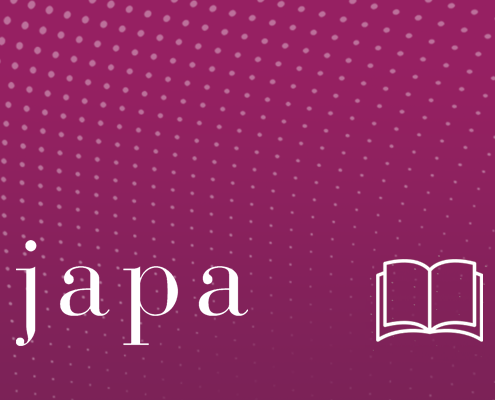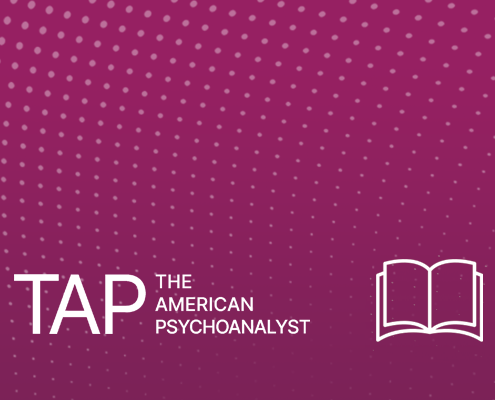Presented by Harold Braswell, PhD, MSW. The word “radical” is generally understood to mean a break from tradition. But, etymologically, the term also connotes a return to one’s roots. A “radical” psychoanalysis would, in this sense, seem paradoxical—but perhaps, in the process, faithful to the nature of the unconscious itself. This course explores this paradoxical radicality in three areas of psychoanalytic inquiry: clinical practice, political action, and the mind-body relationship. First, we read Barnaby Barratt’s rethinking of oedipality alongside Dagmar Herzog’s analysis of Felix Guattari’s relevance to the “psychoanalytic left;” then we will read Daniel Gaztambide’s account of Freud as a “proto-postcolonial theorist” alongside Lara and Stephen Sheehi’s study of psychoanalysis in occupied Palestine; finally, Jamieson Webster’s rethinking of conversion disorder will be considered alongside Michelle Stephen’s argument about the centrality of Black Lives Matter to psychoanalytic subjectivity.
CE available.




